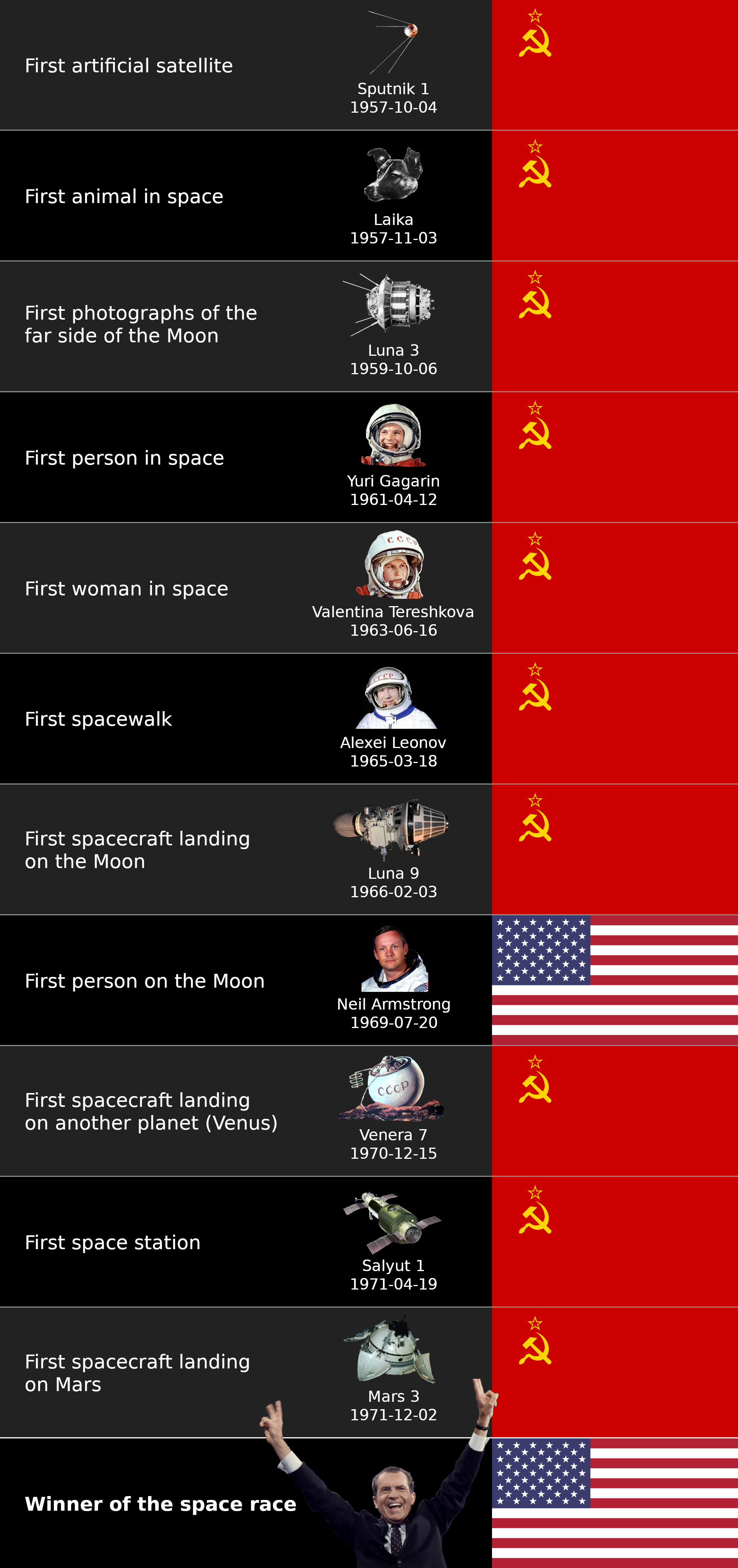Achievements of socialism: Difference between revisions
More languages
More actions
Jucheguevara (talk | contribs) (added some info about USSR & Cuba) Tag: Visual edit |
Jucheguevara (talk | contribs) (added china section) Tag: Visual edit |
||
| Line 40: | Line 40: | ||
* Artificial heart in 1937<ref name=":0" /> | * Artificial heart in 1937<ref name=":0" /> | ||
* Mobile phone in 1957 (20 years before Motorola, the first non-soviet mobile phone producer)<ref name=":0" /> | * Mobile phone in 1957 (20 years before Motorola, the first non-soviet mobile phone producer)<ref name=":0" /> | ||
== China == | |||
When the [[Communist Party of China]] came to power in 1949, its leaders' fundamental long-range goals were to transform China into a modern, powerful, [[socialist]] nation. In economic terms these objectives meant [[industrialization]], improvement of [[Living standard|living standards]], narrowing of [[Income inequality metrics|income differences]], and production of modern [[military equipment]]. The immense economic rise of China in the 21st century is, according to the [[Communist Party of China]], the result of the application of Marxist theory to the material conditions of China. | |||
== Latin America == | == Latin America == | ||
Revision as of 19:51, 18 October 2021
The bourgeois press regularly demonizes socialism and communism and promotes the idea that "socialism has failed everywhere it's been tried." This page is designed to debunk these claims with historical facts.
USSR
The broad masses of pre-revolutionary Russia were deeply poor and lacked basic necessities, while only the upper class had access to education and healthcare.
Following the Russian Revolution and subsequent establishment of the USSR, the following rights were introduced:
- The right to eight-hour work day.
- The right to annual paid leave.
- The right to three-year maternity leave.
- The right to free general and professional education, including higher education.
- The right to free health care.
- The right to use nurseries, kindergartens, summer camps — free of charge.
- The right to free sanatorium-and-spa treatment.
- The right to free housing.
- Equal rights for women.
Many of these rights forced Western bourgeois dictatorships to adopt similar policies, to stave off the risk of a proletarian revolution.
Space Race

During the Space Race between the two cold war superpowers, the USSR and the USA, the USSR achieved many great leaps before the US did.
- First artificial satellite - Sputnik 1
- First animal in space - Laika
- First photographs of the far side of the moon - Luna 3
- First person in space - Yuri Gagarin
- First woman in space - Valentina Tereshkova
- First spacewalk - Alexei Leonov
- First spacecraft landing on the moon - Luna 9
- First spacecraft landing on another planet (Venus) - Venera 7
- First space station - Salyut 1
- First spacecraft landing on Mars - Mars 3
Notable Technologies Invented
The following are technologies not already listed in the space race section above
China
When the Communist Party of China came to power in 1949, its leaders' fundamental long-range goals were to transform China into a modern, powerful, socialist nation. In economic terms these objectives meant industrialization, improvement of living standards, narrowing of income differences, and production of modern military equipment. The immense economic rise of China in the 21st century is, according to the Communist Party of China, the result of the application of Marxist theory to the material conditions of China.
Latin America
Nicaragua
- Nicaragua, under the socialist Sandinista government, has diversified away from colonial-era cash crops and monocultures, delivered sustained economic growth, poverty alleviation.[2]
Cuba
- Despite the US blockade, Cuba is still able to boast having the highest quality healthcare system for its national income range.[3]
See also
References
- ↑ 1.0 1.1 1.2 1.3 10 Greastest Inventions Made By The Soviet Union
- ↑ Nicaraguan Sandinista Economic Model Consolidates Its Success by TeleSur
- ↑ Mostly Anti-Cuba article that is forced to report cold hard facts: How Cubans Live as Long as Americans at a Tenth of the Cost by The Atlantic
